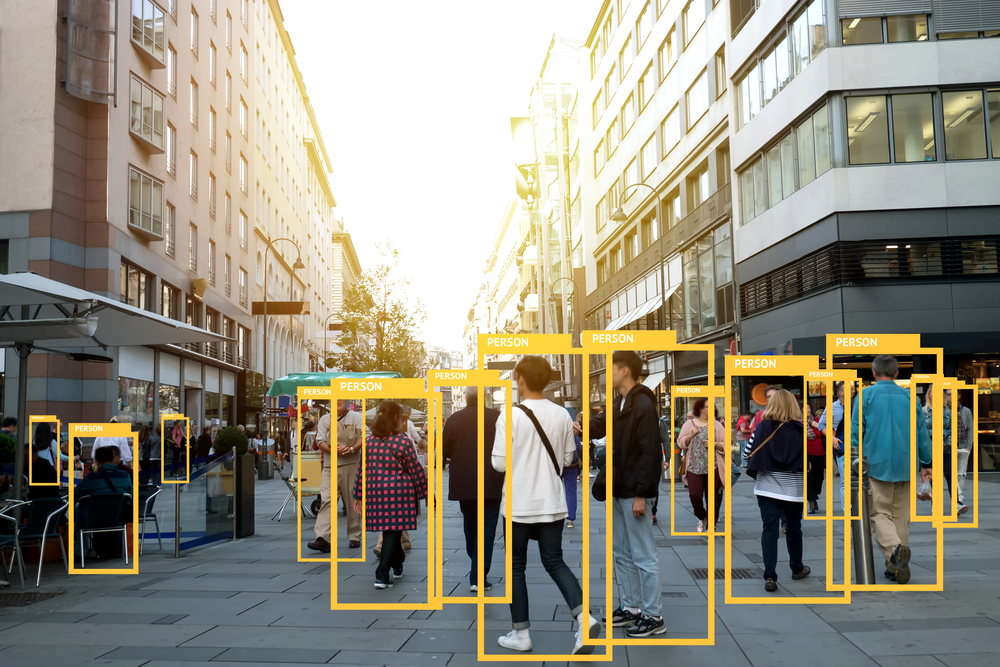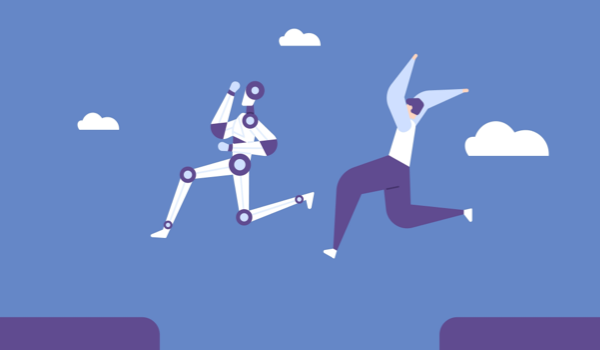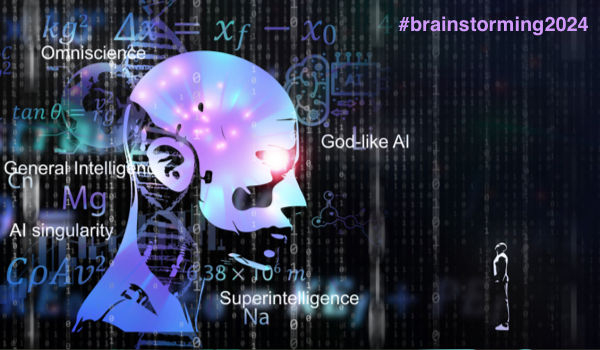


Day 3
For two millennia, citizens of Rome have called their town la Città Eterna, old capital of the Imperium sine fine, as the poet Virgil dubbed the Roman Empire, a grand transcontinental polity forged under a common tongue - Latin. From the Eternal City, Cambridge University researcher Claudia Schettini steers us on day three of The Yuan’s voyage of the discovery of intelligence, arguing AI may well outwit us and found an ‘empire without end,’ but it and humans will still have little to talk about.Shifeng Wang
Chief Editor, The Yuan
ROME - In 2015, renowned astrophysicist Stephen Hawking spoke of the increasing risks of the fast pace of artificial intelligence (AI) development - in particular the so-called ‘strong AI’ or ‘AGI’ (artificial general intelligence) - by making the famous example of the ants. He stated that AI could “sweep humanity away,” not because of its potential for evil, but because of its intrinsic indifference - much as human beings feel towards ants. If humans have to build a highway, they do not care that this new circuit might pass over an ant nest. Ants are insignificant to us and do not present any obstacle to what humans want to achieve.
Similarly, in the future this ‘strong AI,’ an AI able to autonomously reason and solve problems as well or better than human intelligence, could come to deem human beings insignificant. Some three months ago, OpenAI head Sam Altman signed the statement Planning for AGI and beyond - published on OpenAI’s website - about the short- and long-term period projects to develop so-called AGI, an AI able to solve any kind of general problem.
There is no doubt that AI is developing at an increasingly fast and sophisticated pace, outperforming humans in many respects from simple jobs all the way to helping run banking systems and military resources. One should also highlight that AI can already outsmart human intelligence in specific strategic and logical activities. The first time an AI overtook human ability in chess came in 1997, when the IBM-developed Deep Blue device defeated the
The content herein is subject to copyright by The Yuan. All rights reserved. The content of the services is owned or licensed to The Yuan. Such content from The Yuan may be shared and reprinted but must clearly identify The Yuan as its original source. Content from a third-party copyright holder identified in the copyright notice contained in such third party’s content appearing in The Yuan must likewise be clearly labeled as such. Continue with Linkedin
Continue with Linkedin
 Continue with Google
Continue with Google









 1444 views
1444 views








